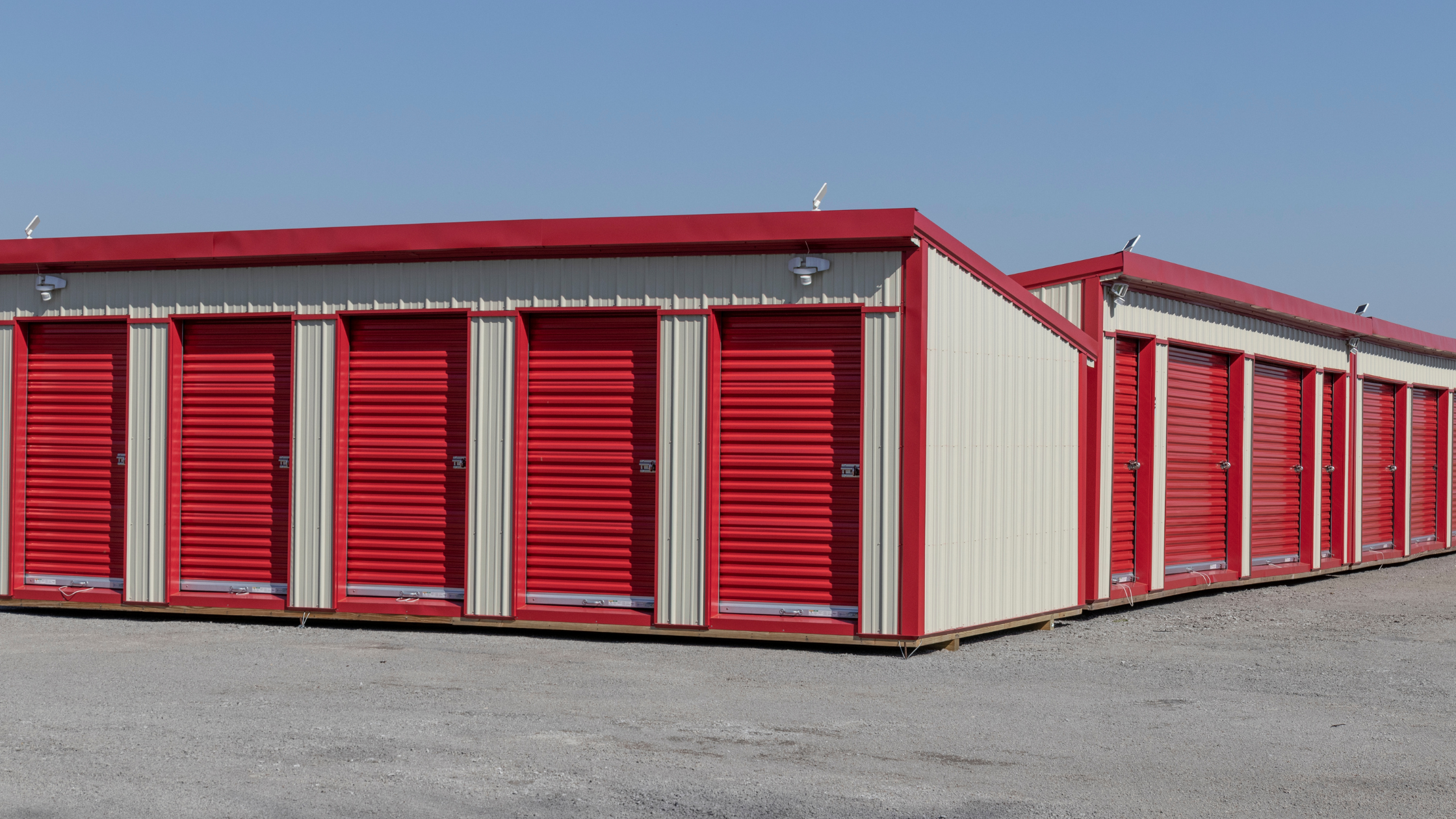Whether you’re hitting the open road or cruising the waters, owning a boat or RV can be a fulfilling investment. However, when the weather turns bad or the season changes, you need to consider where to store your prized possession.
Do you opt for indoor storage, where your boat or RV will be safe from the elements? Or do you choose outdoor storage, where you can save on costs and have easy access to your vehicle? It’s a tough decision and one that requires careful consideration.
Before you decide where to store your toys, check access, security, and other features and amenities. Don’t forget to ask about a tenant protection plan as an extra layer of safety. Storage Shield tenant protection plans cover your boats and RVs as long as they are kept in indoor storage.
When it comes to the pros and cons of indoor vs. outdoor storage, take time to determine your priorities. Is cost a concern, or are you willing to spend more to keep your boat or RV protected from the elements? Do you own a high-value boat or is it a less expensive model?
After reading this article, you should be able to make a more informed decision about which storage is best for you.
Indoor Boat and RV Storage: Pros and Cons
Pros
Protection from the Elements
Indoor storage facilities provide full protection from wind, rain, heat, cold, and sun. This will keep your RV in good condition, and prevent damage to the exterior and interior of your vehicle. If you’re using climate-controlled storage, you don’t have to empty your RV or boat of gear and electronics.
Enhanced Security
If your facility includes surveillance cameras, electronically gated access, and onsite management, your boats and RVs are well protected. You don’t have to be as concerned about theft or vandalism. If you’re considering a tenant protection plan, in most cases you’ll have to use indoor storage.
Reduced Maintenance Costs
Exposure to the elements can cause wear and tear on your vehicle. Storing your boat or RV indoors can prolong the life of your vehicle, reducing the need for major repairs.
Cons
Higher Cost
Indoor storage facilities are generally more expensive than outdoor storage options. The added benefits and protection come at a premium, making it more expensive.
Limited Access
Indoor storage facilities may have limited access hours. This can be a problem for those needing to access their vehicle outside of regular business hours. Additionally, some facilities may require advance notice or an appointment to access your vehicle.
Space Limitations
This can be an issue for those with larger boats or RVs. It’s important to ensure that the facility has enough space to accommodate your vehicle before committing to indoor storage.
Outdoor Boat and RV Storage: Pros and Cons
Pros
Lower Cost
Outdoor storage facilities are generally less expensive than indoor storage options. This makes them attractive options for those looking to save on storage costs.
Easy Access
They offer easy access to your vehicle, with no need for appointments or advance notice. This makes it an ideal option for those needing frequent access to their boat or RV.
Flexibility
Outdoor storage facilities offer more flexibility when it comes to storing larger vehicles. There are fewer space limitations for those with larger boats or RVs.
Cons
Exposure to the Elements
Outdoor storage leaves your boat or RV exposed to harsh weather conditions. This can cause damage to the exterior and interior of your vehicle, leading to expensive repairs.
Security Concerns
While some facilities may offer high-tech security, outdoor storage is still more vulnerable to vandalism than indoor storage. You probably won’t be able to purchase a tenant protection plan if you store outdoors.
Maintenance Costs
These facilities facilities do not offer the same level of protection against wear and tear as indoor storage options. In the long term, this can increase maintenance costs.
General Considerations When Choosing Between Indoor and Outdoor Storage
Climate
If you live in an area with harsh winter weather or excessive summer heat, indoor storage may be the best option. On the other hand, if you live in a mild climate, outdoor storage may be a viable solution.
Security
Choose indoor storage with enhanced security features for high-value boats and RVs. On the other hand, if you have a lower-end vehicle, outdoor storage may be a more cost-effective option.
Cost
Cost is a major consideration when choosing between indoor and outdoor storage options. Indoor storage facilities are generally more expensive than outdoor storage options but offer added benefits and protection.
Convenience
Indoor storage facilities may have limited access hours. Outdoor storage facilities offer easy access, making it the more convenient option for those who use their vehicles frequently.
Maintenance
Exposure to the elements can cause wear and tear on your vehicle. Indoor storage facilities offer added protection, reducing the need for major repairs.
Takeaway
Choosing between indoor and outdoor storage options for your boat or RV is a major decision requiring careful consideration. While both options have their pros and cons, it’s important to weigh the factors that are most important to you before committing to either solution.



